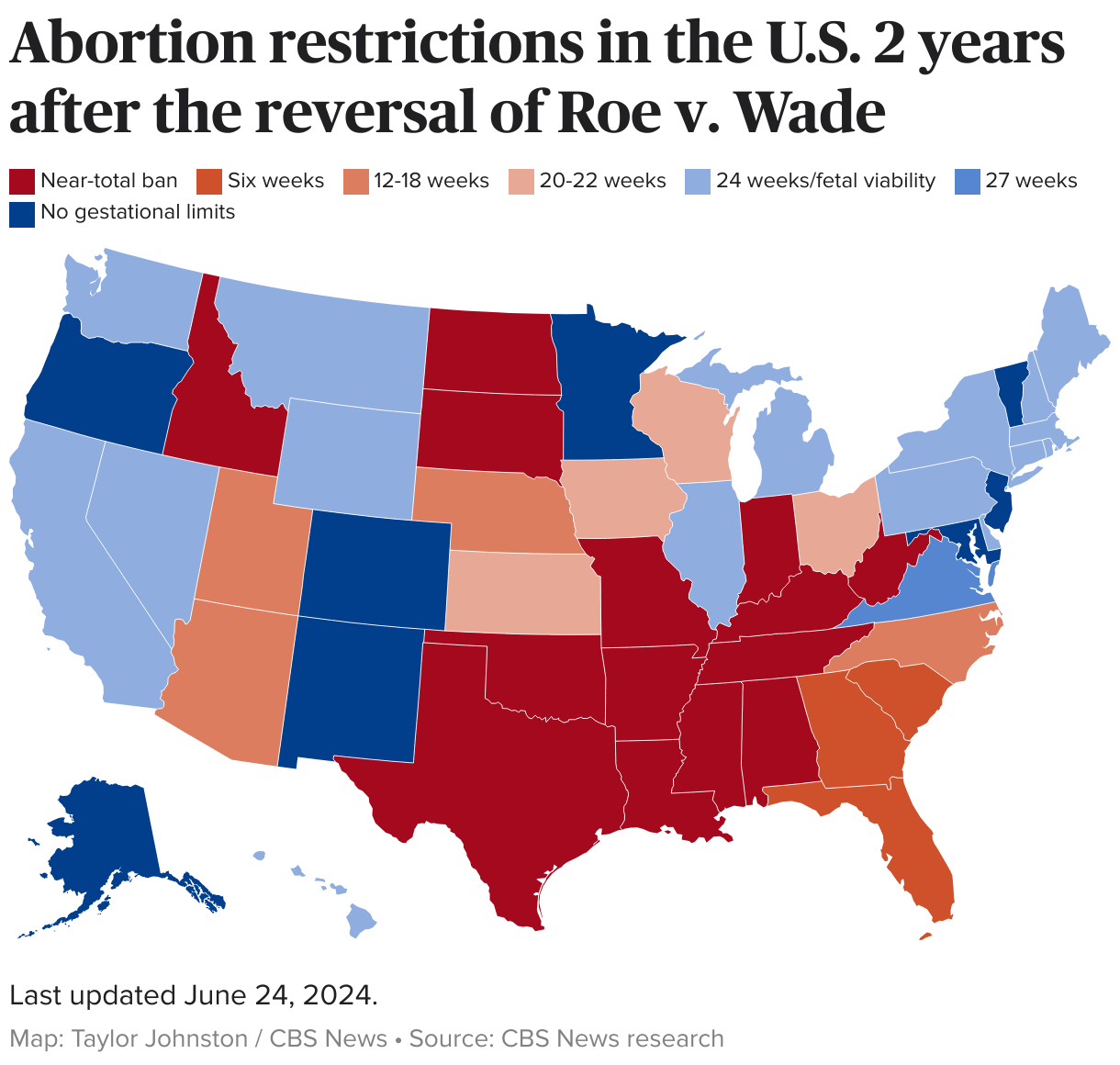The Rise Of OTC Birth Control: Implications For Women's Health After Roe V Wade

Table of Contents
Increased Accessibility and Affordability of Birth Control
The move towards OTC birth control promises to revolutionize access to contraception, particularly for those previously facing significant barriers.
Breaking Down Barriers to Access
For many women, accessing birth control has been a significant hurdle. Geographical limitations, particularly in rural areas with limited healthcare providers, have long presented challenges. Financial constraints also play a major role; the cost of prescription birth control, even with insurance, can be prohibitive for many. Insurance coverage itself is a complex issue, varying widely based on individual plans and employer policies.
- Impact of Lack of Access: Limited access directly contributes to higher rates of unintended pregnancies. Studies consistently show disparities based on income and location, with lower-income women and those in underserved communities disproportionately affected. The Guttmacher Institute, for example, has published extensive data highlighting these inequalities.
- OTC Availability: A Game Changer: OTC availability removes the need for doctor's appointments and prescriptions, streamlining the process significantly. This reduces both the financial burden – eliminating co-pays and prescription costs – and the time commitment involved in obtaining birth control.
- Impact on Marginalized Communities: The increased accessibility of OTC birth control holds immense potential for marginalized communities, including those facing systemic barriers to healthcare access, such as racial and ethnic minorities, LGBTQ+ individuals, and people with disabilities. This improved access can lead to better health outcomes and improved reproductive autonomy for these vulnerable populations.
The Economic Impact of OTC Birth Control
The shift to OTC birth control has substantial economic implications, benefiting both individuals and society.
- Cost Comparison: While the exact cost of OTC birth control will vary depending on the brand and retailer, it is anticipated to be significantly lower than prescription options, making it more affordable for a wider range of individuals.
- Long-Term Cost Savings: Preventing unintended pregnancies saves significant costs associated with prenatal care, childbirth, and postnatal care. These savings extend beyond individual families, impacting government spending on Medicaid and other social programs related to reproductive healthcare.
- Reduced Healthcare Expenditures: By reducing unintended pregnancies, OTC birth control can lead to a substantial reduction in overall healthcare expenditures related to pregnancy and childbirth.
Potential Impacts on Women's Health and Reproductive Autonomy
The accessibility of OTC birth control has profound implications for women's health and their ability to make choices about their reproductive lives.
Empowering Women to Make Informed Choices
Increased access to birth control empowers women to take control of their reproductive health and make informed decisions about family planning.
- Self-Determination: The ability to easily obtain birth control allows women to prioritize their health and family planning goals without external barriers. This is a fundamental aspect of reproductive autonomy.
- Proactive Healthcare: Easy access encourages proactive healthcare management, allowing women to prevent unintended pregnancies and maintain better overall reproductive health.
- Improved Adherence: Increased accessibility can lead to improved adherence to birth control regimens, as obtaining refills becomes significantly easier.
Concerns and Potential Challenges
While the potential benefits are substantial, it's crucial to address potential concerns related to OTC birth control.
- Robust Education and Labeling: Clear, comprehensive labeling and public health campaigns are essential to ensure safe and effective use. This includes information on potential side effects, contraindications, and proper usage.
- Self-Diagnosis and Medication Selection: Concerns exist about individuals making inaccurate self-diagnoses or selecting inappropriate medications. Continued access to healthcare professionals for consultation and guidance remains crucial.
- Comprehensive Healthcare Services: Increased access to OTC birth control should not replace the need for comprehensive sexual and reproductive healthcare services, including routine check-ups, counseling, and education.
The Role of Government Regulation and Public Health Initiatives
Government regulation and public health initiatives play a critical role in ensuring the safe and effective implementation of OTC birth control.
Ensuring Safe and Effective OTC Birth Control
The FDA's role in regulating the manufacturing and distribution of OTC birth control is paramount to ensuring quality and safety.
- Clear Guidelines and Consumer Education: Robust guidelines for manufacturers and clear, accessible information for consumers are essential. Public health campaigns can educate women about different birth control options and their proper use.
- Equitable Access: Efforts must be made to ensure equitable access across different demographics, addressing potential disparities based on income, location, and other factors.
Addressing Misinformation and Promoting Accurate Information
Combating misinformation about contraception is vital to ensure women make informed choices.
- Reliable Information Sources: Healthcare providers, educators, and public health organizations must play a key role in disseminating reliable information. Addressing common myths and misconceptions is crucial.
- Online and Community Resources: Reliable sources of information should be readily available online and within communities, ensuring that accurate information reaches all women.
Conclusion
The increased availability of over-the-counter birth control presents a significant opportunity to improve women's health and reproductive autonomy in a post-Roe v Wade world. While challenges remain regarding access, affordability, and safety, the potential benefits of increased accessibility and affordability are substantial. By addressing potential concerns through education, regulation, and public health initiatives, we can ensure that OTC birth control empowers women to make informed choices about their reproductive health. Continued advocacy for comprehensive sexual and reproductive healthcare services and increased access to affordable and accessible OTC birth control is crucial to ensuring that all women have the power to control their own bodies and futures. Let's continue to champion the responsible expansion of access to OTC birth control for the benefit of all.

Featured Posts
-
 The Karate Kid Exploring The Films Enduring Popularity
May 23, 2025
The Karate Kid Exploring The Films Enduring Popularity
May 23, 2025 -
 Freddie Flintoffs Healed Face Post Top Gear Crash Update
May 23, 2025
Freddie Flintoffs Healed Face Post Top Gear Crash Update
May 23, 2025 -
 Employee Quits Pub Landlord Unleashes Profanity Laced Attack Video Surfaces
May 23, 2025
Employee Quits Pub Landlord Unleashes Profanity Laced Attack Video Surfaces
May 23, 2025 -
 The Karate Kid A Legacy Of Martial Arts And Life Lessons
May 23, 2025
The Karate Kid A Legacy Of Martial Arts And Life Lessons
May 23, 2025 -
 Tik Tokers Viral Video A Popes Unexpected Reunion Years Later
May 23, 2025
Tik Tokers Viral Video A Popes Unexpected Reunion Years Later
May 23, 2025
